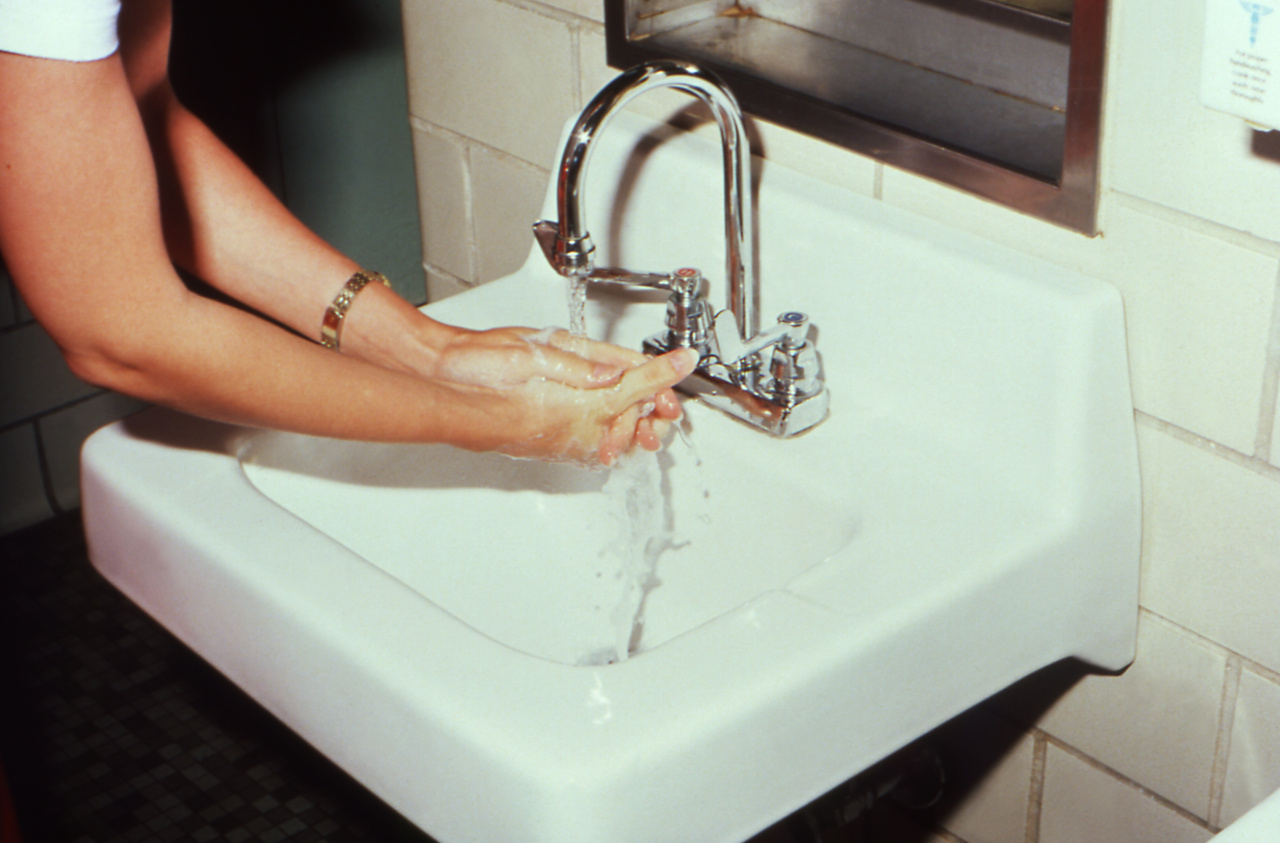Hand hygiene is a critical aspect of maintaining good health and preventing the spread of diseases. Yet, many people fail to realize the unseen dangers associated with not washing their hands properly and consistently.
While it may seem like a simple and mundane task, the consequences of neglecting hand hygiene can be severe. In this article, we will explore the various hidden dangers of not washing your hands and why it is essential to make handwashing a regular habit.
The Importance of Handwashing
Handwashing is one of the most effective and accessible ways to prevent the spread of infections and diseases.
Our hands come into contact with countless surfaces and objects throughout the day, accumulating bacteria, viruses, and other harmful pathogens. By washing our hands properly and frequently, we remove these germs and significantly reduce our risk of getting sick or transmitting infections to others.
Proper handwashing involves using soap and water and scrubbing for at least 20 seconds, paying attention to all surfaces, including the backs of hands, fingers, and under the nails. It is especially crucial to wash your hands:.
Hidden Dangers of Not Washing Your Hands
While the immediate effects of not washing your hands may not always be visible, the long-term consequences can be detrimental. Here are some of the unseen dangers of neglecting hand hygiene:.
1. Spread of Germs and Infections
Our hands act as vehicles for transmitting germs from one surface to another. Without proper handwashing, pathogens can easily spread from person to person, from contaminated surfaces to our bodies, or vice versa.
This includes common illnesses such as colds, flu, and stomach bugs, as well as more severe infections like pneumonia or even antibiotic-resistant bacteria.
2. Increased Risk of Foodborne Illnesses
When it comes to food preparation, unwashed hands can contaminate the ingredients and lead to foodborne illnesses. Many foodborne pathogens, such as Salmonella and E. coli, can be present on raw meat, poultry, and produce.
Failing to wash your hands before handling and cooking these items can introduce these harmful bacteria to your food, putting yourself and others at risk of food poisoning.
3. Weakening the Immune System
The constant exposure to germs due to poor hand hygiene can weaken our immune system over time. When our bodies are constantly fighting off infections and dealing with illnesses caused by preventable germs, the immune system becomes overburdened.
This not only makes us more susceptible to common illnesses but also reduces our ability to fight more serious diseases.
4. Cross-Contamination in Healthcare Settings
In healthcare settings, the consequences of inadequate hand hygiene can be life-threatening. Healthcare professionals who do not wash their hands properly risk spreading infections from patient to patient.
This is particularly dangerous for individuals with compromised immune systems, such as elderly patients, newborns, or those undergoing medical treatments. Cross-contamination can lead to healthcare-associated infections (HAIs) that are difficult to treat and can prolong hospital stays or even result in fatalities.
5. Impact on Personal and Professional Life
Not washing your hands can have social and professional repercussions as well. Nobody wants to shake hands with someone whose hands are covered in germs.
Failing to maintain proper hand hygiene can create a negative impression in personal and professional interactions, potentially affecting relationships, job prospects, and overall well-being.
6. Contribution to Antimicrobial Resistance
Antimicrobial resistance is a growing global health concern. When we do not properly wash our hands, we increase the likelihood of infections, leading to the unnecessary use of antibiotics.
Overuse and misuse of antibiotics contribute to the development of resistant bacteria, making infections harder to treat and posing a significant threat to public health.
7. Contamination of Commonly Touched Surfaces
Our hands frequently touch various objects and surfaces, such as doorknobs, light switches, and handrails. When hands are not properly washed, these surfaces become contaminated with germs.
This creates a continuous cycle of spreading infections as others come into contact with these contaminated surfaces and unknowingly transfer the germs to their own hands.
8. Impact on Children’s Health
Children, especially young ones, are less likely to practice proper hand hygiene consistently. This puts them at a higher risk of contracting infections and spreading them within their communities, including schools and daycare centers.
Illnesses acquired during childhood can have long-term consequences on their growth, development, and overall well-being.
9. Role in Global Health Emergencies
Global health emergencies, such as pandemics, highlight the crucial importance of handwashing. During outbreaks of diseases like COVID-19, proper hand hygiene becomes a primary defense measure to prevent the spread of the virus.
Neglecting handwashing practices can contribute to the rapid transmission of such diseases, exacerbating the impact on individuals and communities.
10. Prevention is Better Than Cure
Lastly, the old saying “prevention is better than cure” applies perfectly to hand hygiene. By washing our hands regularly and adequately, we can prevent numerous infections and illnesses from occurring in the first place.
The simple act of handwashing has a significant impact on our health and the well-being of those around us.
The Way Forward: Making Handwashing a Habit
To protect ourselves and others from the unseen dangers associated with not washing our hands, we must prioritize hand hygiene as part of our daily routine. Here are some essential tips to make handwashing a healthy habit:.
Conclusion
While the dangers of not washing hands may not always be visible, they are undeniably real and pose a significant threat to our health and well-being.
By understanding and acknowledging these unseen dangers, we can take the necessary steps to protect ourselves and others. Let us make handwashing a top priority and contribute to a healthier and safer world.































